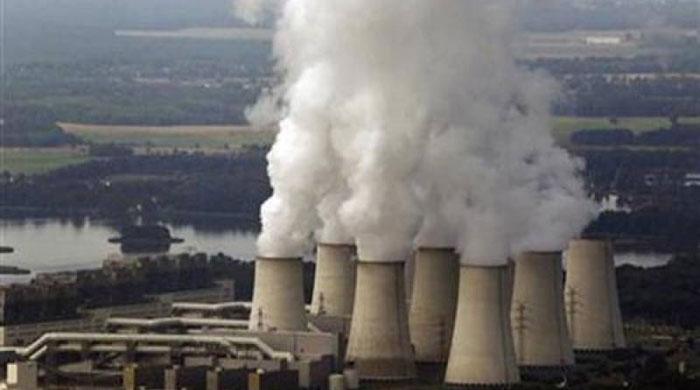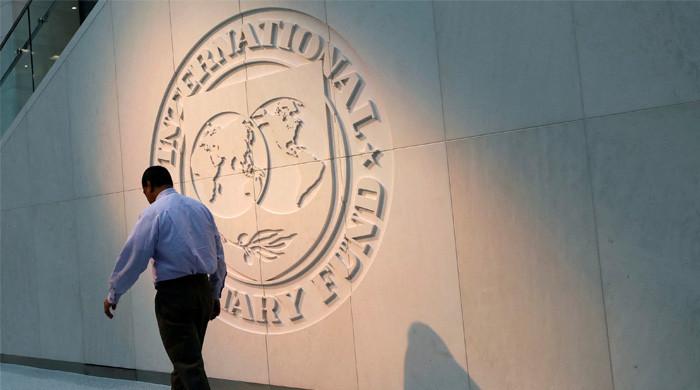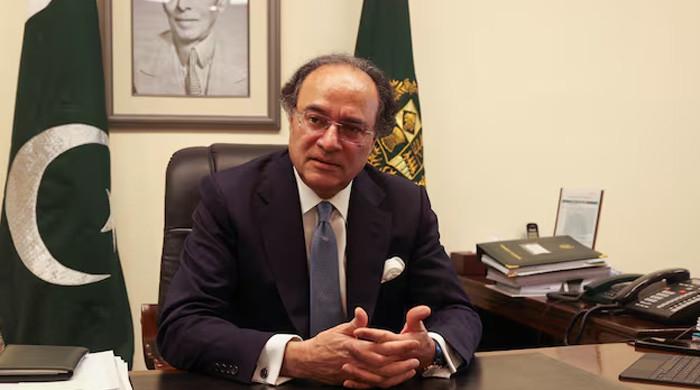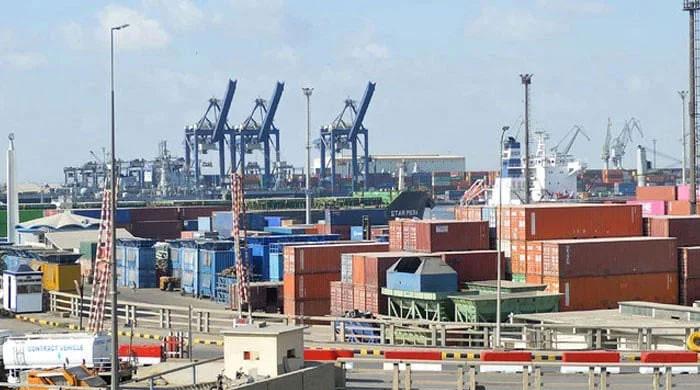Govt to set market-based coal power tariffs after October
Government decides to set market-based tariffs for coal-fired power projects after October
September 21, 2016

KARACHI: Government has decided to set market-based tariffs for the coal-fired power projects after October when the existing upfront tariff regime will be abolished, officials said on Tuesday, suggesting its willingness to lure more investment in the country entrenched in an energy crisis.
The last upfront tariff for power generation on imported/local coal was notified on October 15, 2014 for a period of two years and thus is expiring on October 14.
The levelised tariff for a plant on imported coal ranges from 8.6417 cents/kilowatt hour (kWh) to 9.1198 cents/kWh, depending on the plant capacity and mode of financing, while tariffs for a plant on local coal are in the range of 8.5015 cents/kWh and 8.7897 cents/kWh.
The officials said the National Electric power Regulatory Authority (Nepra) decided not to extend the existing upfront tariffs beyond the cutoff date, keeping in view the upcoming power projects on various technologies in next two to six years.
Energy experts said the fixed tariffs might dissuade investors who are not content with the lower rates. “Since they don’t have any other option than to accept the tariffs, they are reluctant to proceed,” an analyst said. “They will be able to negotiate rates with the government.”
The Nepra said the investors in coal-fired power generation facilities can propose the tariffs according to the new guidelines. The imported/local coal power projects will be inducted through a competitive bidding under the Nepra's Competitive Bidding Tariff (Approval Procedure) Regulation, 2014, it said.
So far, the investors made a commitment to invest six billion dollars in coal power generation facilities around the country.
Kot Addu Power Company secured tariffs for its 660 megawatts plant to be set up in the Punjab at an estimated cost of one billion dollars. Hubco availed the tariff for its two billion dollars worth of 1,320MW plant in Hub. Siddiqsons secured tariff for its $600 million plant of 350MW capacity in Karachi.
Presently, the share of coal power in the country’s energy mix stands meagerly at 0.1 percent despite the fact only the local coal reserves are estimated at 180 billion tons.
Pakistan faces an electricity deficit of 7,000MW during the summer when the energy demand soars. This shortfall has already caused financial losses of two to three percent of GDP.
An official said promotion of competition in the electricity industry is one of the key objectives of the government.
Competitive participation in tariff determination through process of bidding will facilitate development of competitive tariffs.
“This new regime will promote competitive procurement of electricity, encourage private investment in the sector and facilitate transparency and fairness in procurement processes,” the official said.
The authority said any functionary of federal or provincial government or any authorised agency can conduct the competitive bidding.
The bids should clearly indicate the plant technical details, including make model, useful life, gross capacity, net capacity, details of auxiliary load for plant operation, designed heat rate, heat rate at site conditions and reference technical parameters.
The bids should also be site-, fuel- and technology-specific, keeping in view the benchmark parameters, established by the authority for similar/comparable technologies.
The bid evaluation report, along with the complete record, will be submitted to the Nepra for approval and based on the bid evaluation report and the record the authority will notify the successful bidders.
--Originally published in The News











